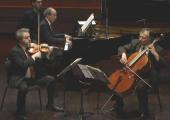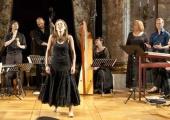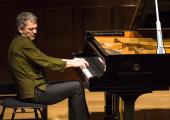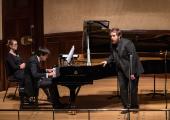Piau, Les Talens Lyriques, Rousset, Wigmore Hall

An unexpectedly lacklustre evening from Rousset and his musicians
La Follia was, as every programme note inevitably reminds us, a pop song of its day. A strutting Spanish dance, it featured in the work of over 150 composers, so catchy was its signature chord progression. Still a classic of Baroque concert programmes, it’s a great way to take the temperature of any given performance. At its best, it can have even a sedate audience stamping and swaying, thrilled by those grinding syncopations and that heartbeat pulse. Last night at the Wigmore Hall, Christophe Rousset and a trio of musicians from Les Talens Lyriques got a polite round of applause.



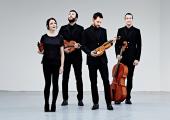
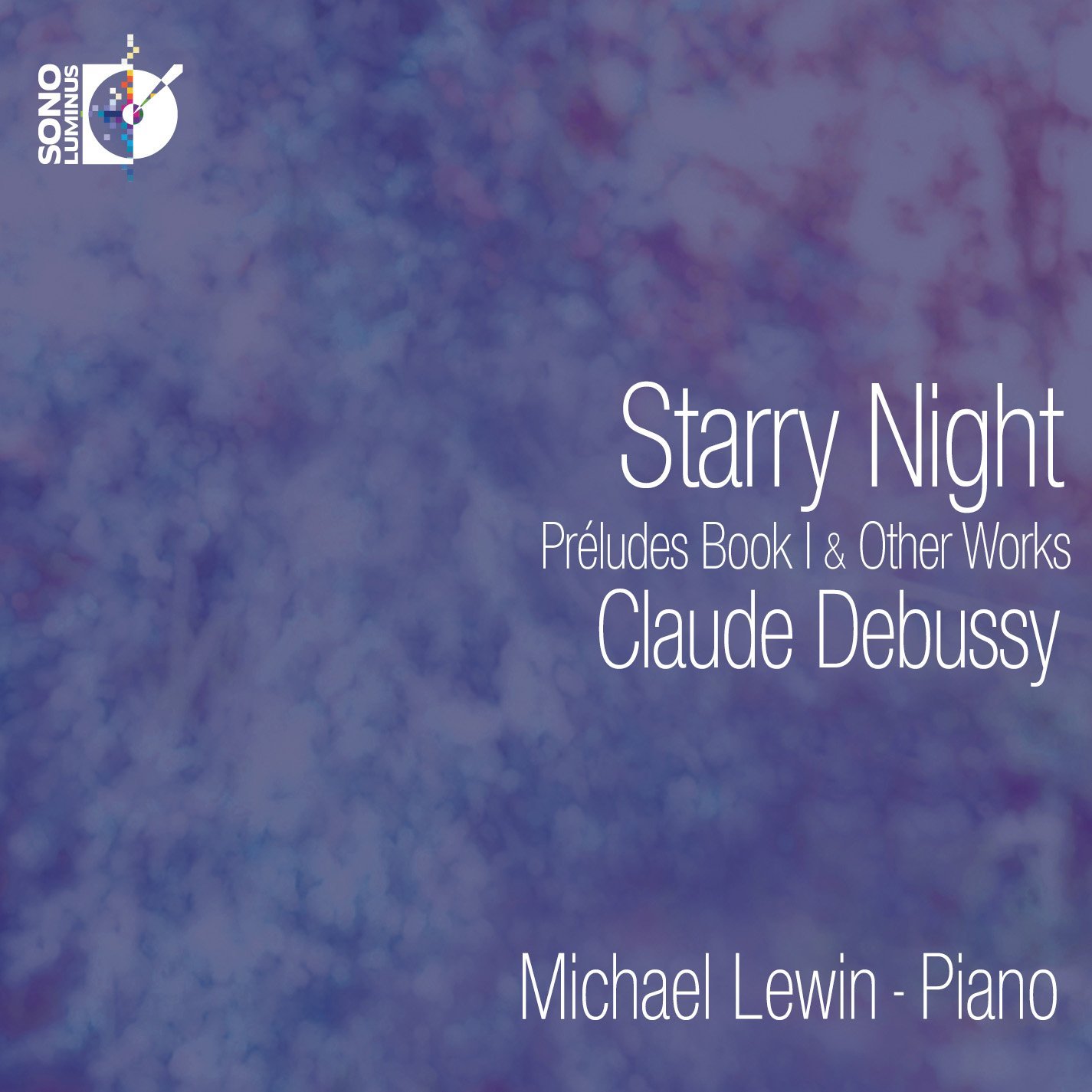 Debussy: Starry Night – Préludes Book 1 and Other Works Michael Lewin (piano) (Sono Luminus)
Debussy: Starry Night – Préludes Book 1 and Other Works Michael Lewin (piano) (Sono Luminus)